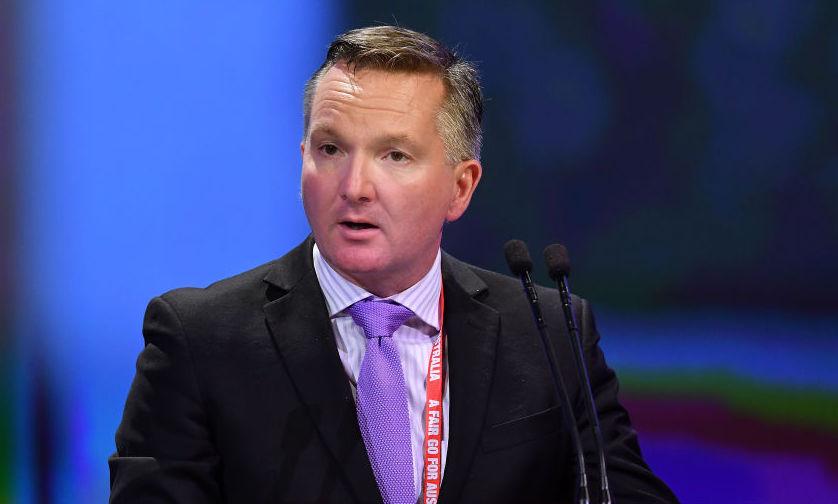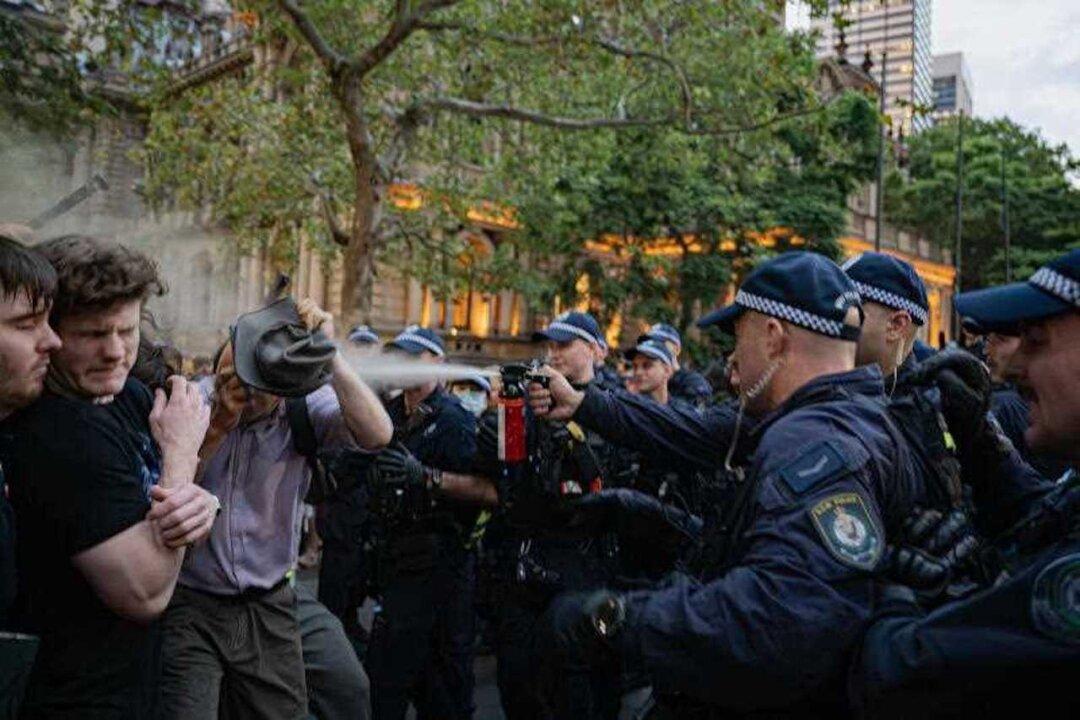Energy Minister Chris Bowen has dismissed criticism from power companies following government plans to cap the price of gas and coal, but the opposition warned the centre-left Labor government’s plan will restrict supplies.
National cabinet on Friday agreed to cap gas at $12 a gigajoule and coal at $125 a tonne for 12 months, as part of a plan to lower rising energy prices.





